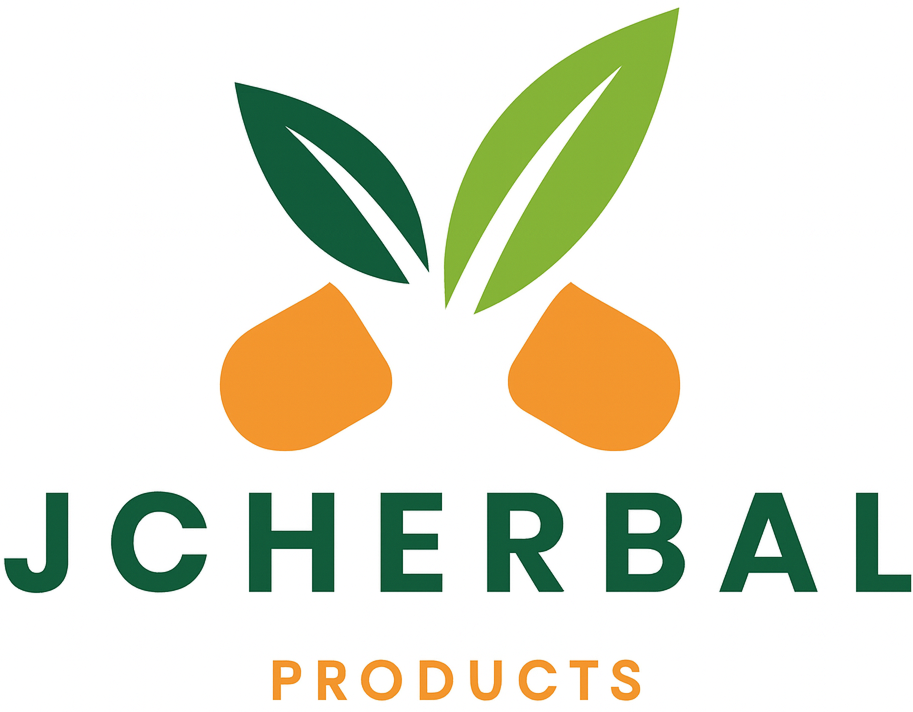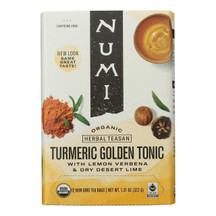Sep 24th 2025
Effective Chronic Inflammation Remedies You Can Try
Herbs help reduce chronic inflammation naturally through several mechanisms largely centered on their bioactive compounds that modulate the body's inflammatory response:
- Anti-inflammatory Phytochemicals
Many herbs contain potent compounds such as curcumin (turmeric), gingerol (ginger), rosmarinic acid (rosemary), and polyphenols (green tea). These substances inhibit key molecular pathways that trigger and sustain inflammation, including suppressing pro-inflammatory molecules like NF-κB, tumor necrosis factor-alpha (TNF-α), and interleukins. For example, curcumin blocks NF-κB activation, reducing production of cytokines that drive inflammation. - Antioxidant Activity
Herbs are rich in antioxidants which neutralize free radicals that can trigger inflammatory pathways and tissue damage. Green tea catechins, turmeric, rosemary, and ginseng provide antioxidants that lower oxidative stress, a major contributor to chronic inflammation and age-related diseases. - Immune System Modulation
Certain herbs balance immune responses, preventing an overactive immune system that results in chronic inflammation. Adaptogens like ginseng and holy basil help normalize stress hormones and improve immune regulation, which reduces inflammation triggered by chronic stress. - Pain and Swelling Reduction
Many herbs also have natural analgesic and anti-swelling effects, improving symptoms associated with inflammation such as arthritis. Ginger, cayenne (capsaicin), and turmeric relieve pain through multiple biochemical effects that reduce inflammatory mediators. - Supporting Digestion and Detoxification
By improving gut function and enhancing liver detoxification, herbs like ginger, turmeric, and rosemary reduce systemic toxin build-up that can provoke inflammatory responses. - Chronic Disease Prevention
Regular use of anti-inflammatory herbs helps protect against diseases linked to inflammation such as arthritis, cardiovascular disease, diabetes, and neurodegeneration by lowering key inflammatory markers like C-reactive protein (CRP) and interleukin-6 (IL-6).
In summary, herbs reduce chronic inflammation naturally by delivering a complex mixture of molecules that target inflammatory signaling, reduce oxidative stress, modulate immune responses, ease pain, and support bodily detoxification processes. Integrating herbs such as turmeric, ginger, rosemary, green tea, and ginseng into the diet or as supplements can be an effective, natural strategy for managing chronic inflammation and its related health risks. Reduce Chronic Inflammation Naturally With Herbs. chronic inflammation remedies

